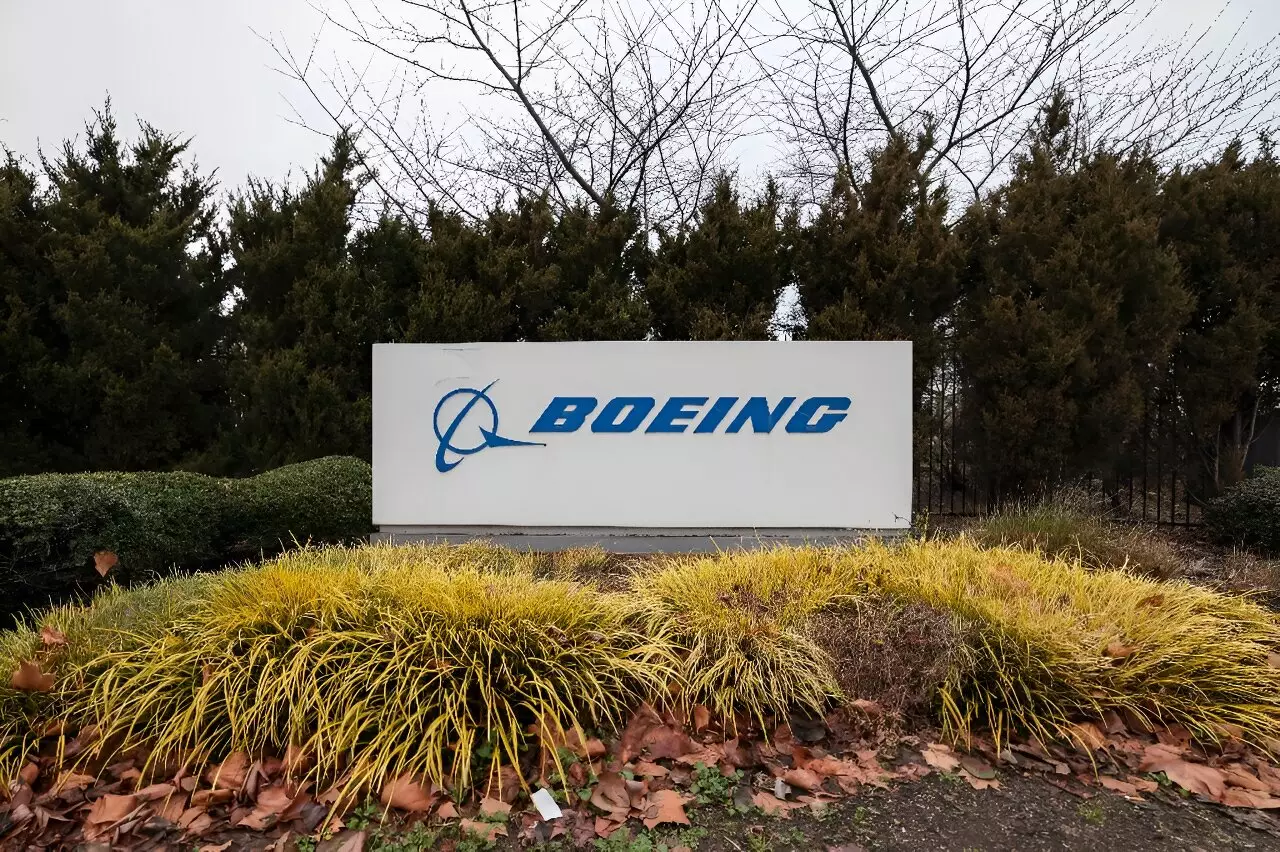Boeing, the aviation giant, is facing a fresh legal reckoning more than five years after two fatal 737 MAX crashes. The company has come under scrutiny by prosecutors who claim that Boeing violated an earlier settlement related to the disasters. Sources revealed that Boeing had until Friday night to decide whether to accept a proposal from the Department of Justice. This proposal would require Boeing to plead guilty to fraud in connection to the certification of MAX airplanes.
As of now, there has been no public statement from Boeing regarding the DOJ proposal, and a lawyer representing the families of the 737 crash victims, Robert Clifford, suggested that the deadline might be extended if Boeing asks for more time. The DOJ’s determination in mid-May that Boeing failed to meet the requirements of a 2021 deferred prosecution agreement (DPA) after the MAX crashes has put Boeing in its current legal predicament. If Boeing rejects the settlement, the DOJ has indicated that it will announce steps to prosecute the company by July 7.
The original DPA, announced in January 2021, stemmed from allegations that Boeing deliberately deceived the Federal Aviation Administration during the certification of the MAX. Under the agreement, Boeing agreed to pay $2.5 billion in fines and restitution and was granted immunity from criminal prosecution. However, in a letter to the US court on May 14, the DOJ accused Boeing of breaching its obligations by failing to establish a compliance and ethics program to prevent violations of US fraud laws.
Families’ Unsatisfied Demands for Accountability
Despite the new plea agreement proposed by the DOJ, families of the crash victims are dissatisfied with the terms. They believe that Boeing should be held accountable for the 346 fatalities in the crashes in Ethiopia and Indonesia. The families have been advocating for a criminal trial of Boeing and its top executives. Michael Stumo, who lost his daughter in the Ethiopian Airlines crash, called for much heavier fines on Boeing, ranging from $10 to $20 billion, with conditions tied to safety and quality control investments.
Legal experts have weighed in on the situation, with some questioning the effectiveness of DPAs like the one Boeing entered into in 2021. Miriam Baer, a law professor, highlighted that the DOJ’s decision to focus on the original charges without additional claims could indicate a strategic approach to the case. John Coffee, another law professor, criticized the use of DPAs, stating that they often do not adequately serve the public interest as prosecutors prioritize securing convictions over deterring future violations.
Boeing’s ongoing legal challenges underscore the complexities of corporate accountability and the need for regulatory oversight in the aviation industry. The outcome of the current legal proceedings will likely have long-lasting implications for Boeing and the families affected by the tragic 737 MAX crashes.


Leave a Reply